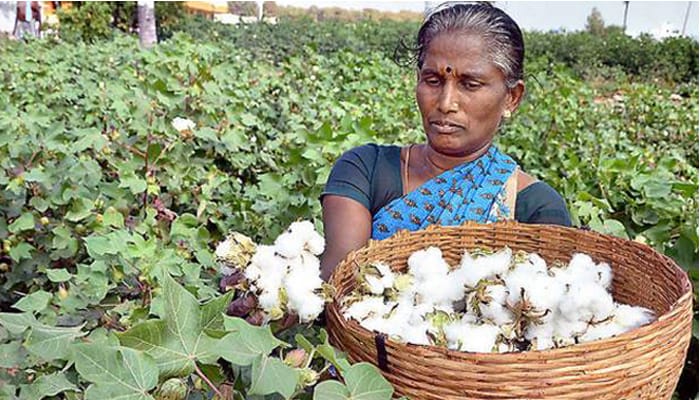Farmers in Southern India are adopting better cotton principles at high rates, according to a study that enables Better Cotton Initiative (BCI), an independent organisation focused on Brazil, India, Pakistan and West and Central Africa, to improve its impact potential throughout the region and beyond. The impact study was conducted from 2015 to 2018.
Launched in 2009, BCI has its head offices in Geneva and London. The study, titled ‘Evaluation of the Early Impacts of the Better Cotton Initiative on Smallholder Cotton Producers in Kurnool District, India’, was funded by the Ford Foundation and commissioned by the ISEAL Alliance.
It monitored farmers’ participation in BCI activities, through a baseline assessment in 2015, an interim monitoring exercise the following year and a final evaluation in 2018, according to a BCI report. Despite challenges faced by the project’s smallholder farmers like widespread illiteracy, small average landholding size, unpredictable rainfall and an under-regulated agrochemicals market, the report indicated early positive progress in organising farmers, raising awareness on a range of more sustainable practices and increased uptake of some practices, including improved crop protection.
“BCI project farmers showed increased knowledge and adoption of promoted farming practices over the three years and significantly higher increases of both knowledge and practice adoption compared to the control group,” said Kendra Park Pasztor, Senior Monitoring and Evaluation Manager at BCI.
In a step towards environmental progress, participating farmers were found to be using less pesticides and in lower doses. In 2018, only 8 per cent of such farmers reported using cocktails of pesticides–a sharp decline from the 51 per cent in 2015.
The report also noted an increase in participating farmers’ awareness levels of better cotton production practices like preparation of bio-pesticides, the use of neem oil as a natural, organic pesticide and adoption of inter crop, border crop and refugia crop, which can protect cotton from specific pests. However, the report also highlighted ongoing challenges that will help guide BCI’s approach going forward. Chief among these is farmers’ dependence on commission agents, who don’t always work in the farmers’ best interest.
Many farmers, particularly poorer ones, were found to be indebted to such agents. In 2015, more than 95 per cent of farmers sold their cotton to commission agents from whom they had already borrowed money as a loan for cotton cultivation at high interest rates. Some farmers became further indebted when they needed to borrow money for a family wedding or if the rains failed, and turned to these agents.






















